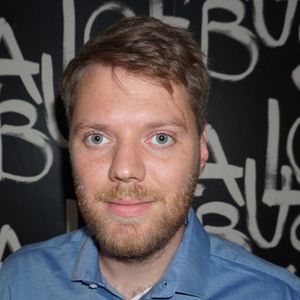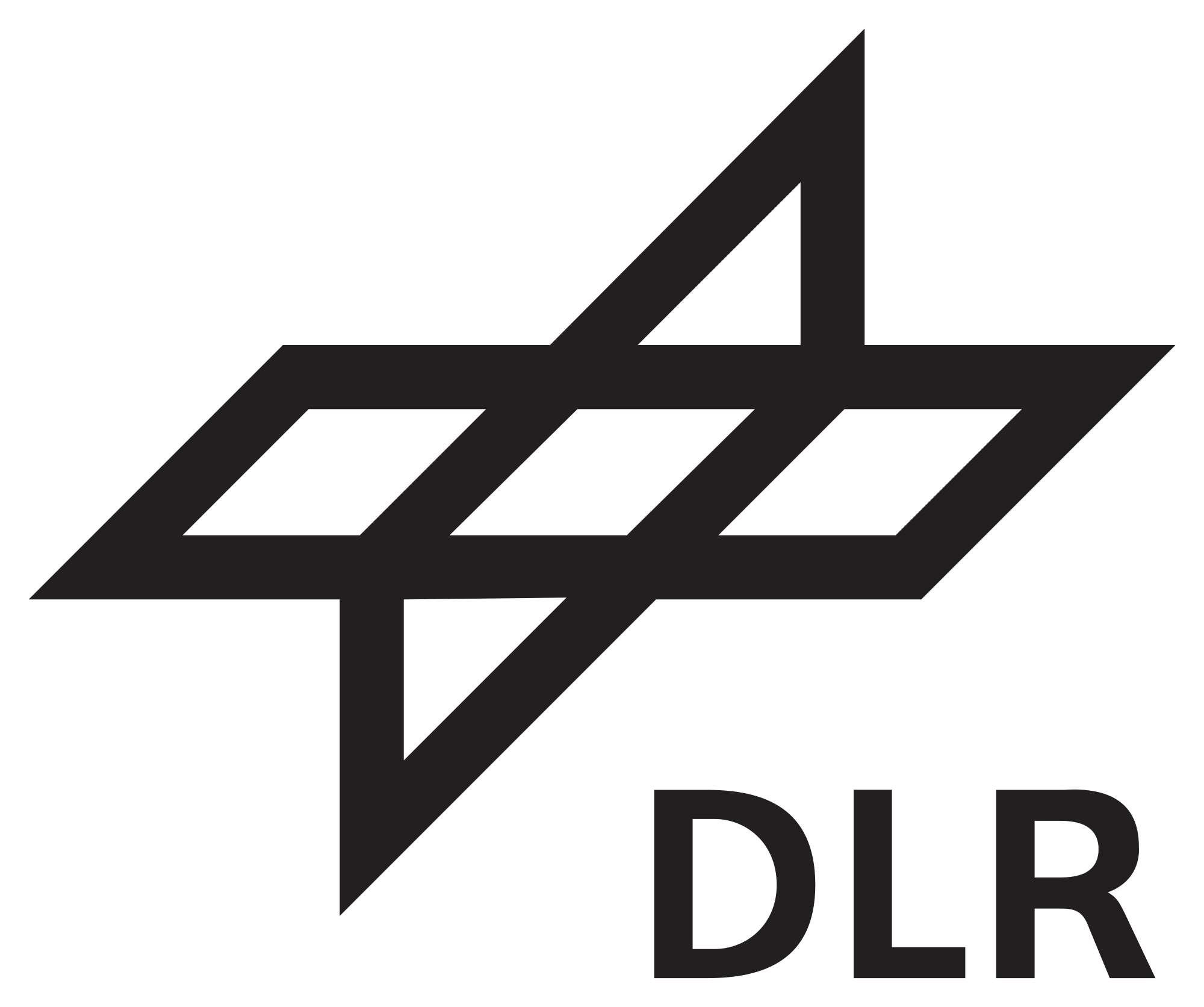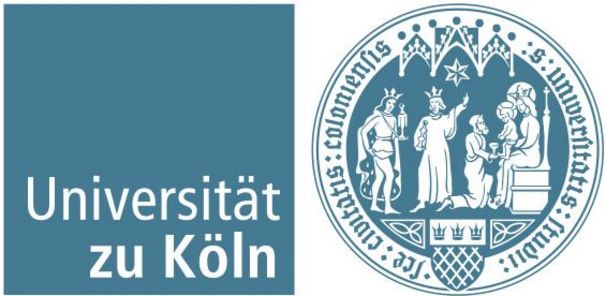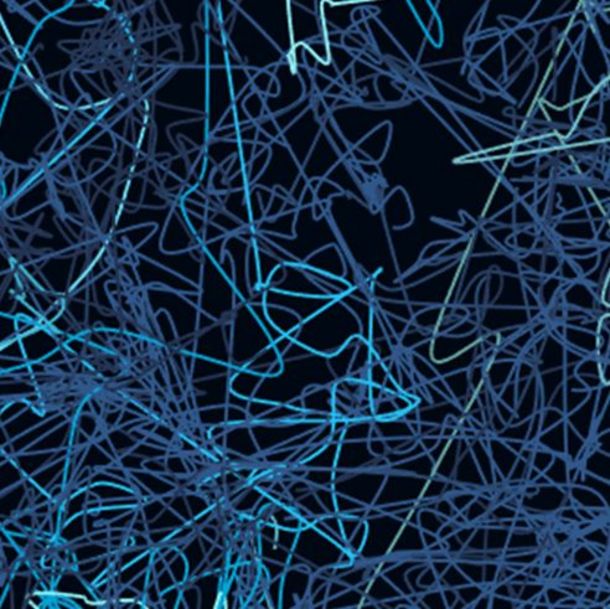Advance your own research with data science, learn from leading data scientists and exchange ideas across disciplines - this is possible at the Helmholtz School for Data Science in Life, Earth and Energy (HDS-LEE) in the North Rhine-Westphalian ABCD triangle (Aachen-Bonn-Cologne-Düsseldorf).
Research with High Performance Computing
The international graduate school HDS-LEE provides an interdisciplinary environment for training the next generation of data scientists in close contact with domain-specific knowledge and research. It is part of the newly established JARA Center for Simulation and Data Sciences, the German competence center for computing and data infrastructures, user support, and methodological and disciplinary research in simulation, data analysis, and high-performance computing technologies. JARA is a unique cooperation between Helmholtz Research Center Jülich and RWTH Aachen University with strong international visibility.
HDS-LEE makes it possible to exchange ideas and information beyond our respective research fields. This gives us an insight into the other faculties and can also inspire a better understanding of the problems in our own areas.
Christian Gerloff
is researching the signals of the human brain at HDS-LEE - with data science. Read more about his project.

More about the research at HDS-LEE
Reports on HDS-LEE
You can find out more about research at HDS-LEE and its doctoral students on the following pages:
Scientists at HDS-LEE have recently acquired three new large-scale AI projects. This means: new PhD researchers at the School, an even stronger network of partner institutions and, of course, many cutting-edge data science subjects to work on.
What hurricanes and nasal breathing have in common
Mario Rüttgers uses Data Science methods to reveal the small hurricanes that occur in the nose when we inhale. He wants to help make future nose surgery more successful - and thus make it easier for patients to breathe.
Christian Gerloff completed his degree in electrical engineering. Now, he’s tracking down signals from one of the most mysterious and complex systems in existence. As a doctoral candidate at the HDS-LEE graduate school, Gerloff conducts research that unravels more hidden secrets of the human brain—thanks to data science methods.

Mission
The HDS-LEE structured doctoral program aims at excellent graduates of mathematics, computer science, natural sciences and engineering from all over the world. The doctoral researchers at HDS-LEE want to advance the development of Data Science methods as well as use state-of-the-art technologies of artificial intelligence and machine learning to solve challenging scientific problems.
In the program, doctoral researchers are trained in all essential areas of Information and Data Sciences as well as in communication and other key qualifications. The training components of the program are strengthened by individually tailored training measures at the Jülich Supercomputing Center (JSC).
Research Areas
- Life Sciences
- Earth Science
- Energy Systems/Material Sciences
Selection of current doctoral projects
Curriculum
- Supervision by an interdisciplinary Thesis Advisory CommitteeMandatory lecture “Data Science Methods and Applications”
- Courses for scientific education, including training days at the Jülich Supercomputing Center (JSC) on topics such as parallel computing, machine learning and visualization
- Transferable skill courses: Scientific Writing, Academic Presentation, Good Scientific Practice and Doing ScienceAnnual retreat
- Participation in (international) conferences
- Personal competence training and comprehensive support measures for networking and career development
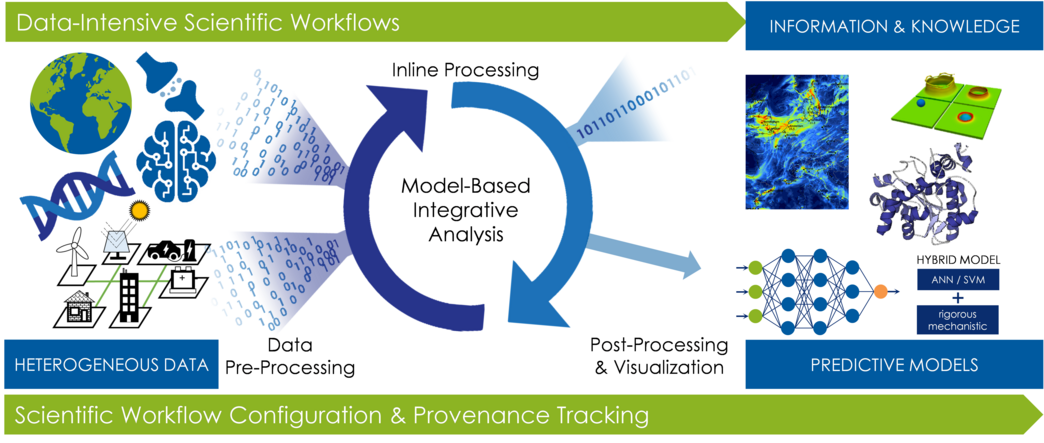
Funding and Duration of the Program
The program extends over 4 years and offers full funding. The remuneration during the term corresponds to the tariff level E13 of the TVöD/TV-L.
Application and Further Information
Around 20 doctoral positions are available, which are directly financed by HDS-LEE. In addition, interested Data Science PhD students can join the program as associated PhD students, preferably from the HDS-LEE locations Aachen, Cologne, Düsseldorf and Jülich. The program starts every three years, the next call phase starts end of 2025. The program language is English.
Applicants must have adequate knowledge of computer science in general, as HDS-LEE does not offer training in computer science basics such as programming. English language skills are also required.
Are you interested in advancing your scientific research with Data Science methods? Get to know the school now!
"At HDS-LEE, I benefit most from the training offered: the soft skills courses and, of course, the networking opportunities. The exchange with other people who have similar problems or challenges in their research is very valuable."
Mario Rüttgers, associated doctoral researcher at HDS-LEE
Contact

Dr. Anne Bulling
Dr. Anne Bulling
Scientific coordinator HDS-LEE
Forschungszentrum Jülich
Biotechnologie (IBG-1)
52428 Jülich

Dr. Sarah Mertens
Dr. Sarah Mertens
Scientific Coordinator HDS-LEE
Forschungszentrum Jülich
Biotechnologie (IBG-1)
52428 Jülich
Following Institutions are Involved at HDS-LEE
Forschungszentrum Jülich
Deutsches Zentrum für Luft- und Raumfahrt
Universität zu Köln
RWTH Aachen University
Max-Planck-Institut für Eisenforschung
Our Doctoral Researchers
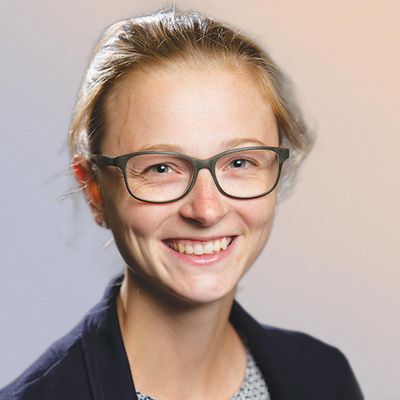
Lisa Beumer
Doctoral Researcher HDS-LEE
Contact


Leonardo Boledi
Doctoral Researcher HDS-LEE
Contact


Eike Cramer
Graduate HDS-LEE
Contact


Danimir Doncevic
Doctoral Researcher HDS-LEE
Contact


Christian Gerloff
Doctoral Researcher HDS-LEE
Contact

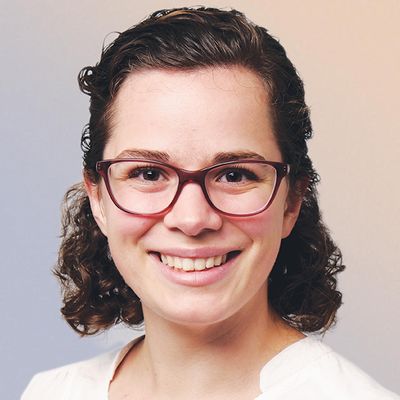
Sonja Germscheid
Doctoral Researcher HDS-LEE
Contact


Jorge Guzmàn
Doctoral Researcher HDS-LEE
Contact


Jazib Hassan
Doctoral Researcher HDS-LEE
Contact


Laura Helleckes
Doctoral Researcher HDS-LEE
Contact

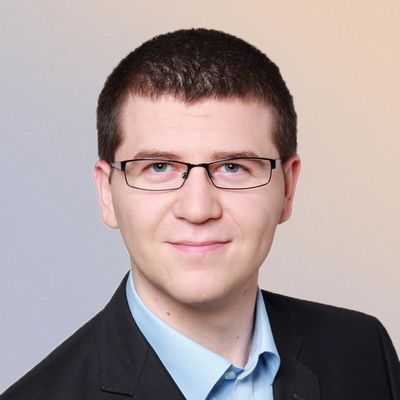
Robin Hilgers
Doctoral Researcher HDS-LEE
Contact


Christiano Köhler
Doctoral Researcher HDS-LEE
Contact


Johannes Kruse
Graduate HDS-LEE
Contact

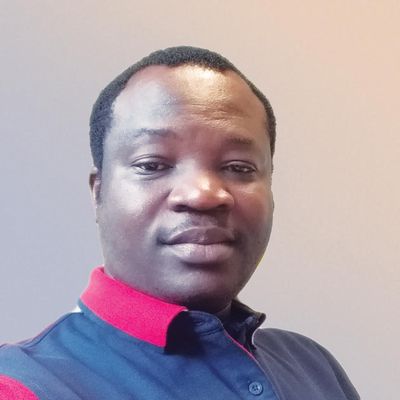
Bamidele Oloruntoba
Doctoral Researcher HDS-LEE
Contact

Supervisor

Mario Rüttgers
Doctoral Researcher HDS-LEE
Contact

Anna Simson
Doctoral Researcher HDS-LEE
Contact
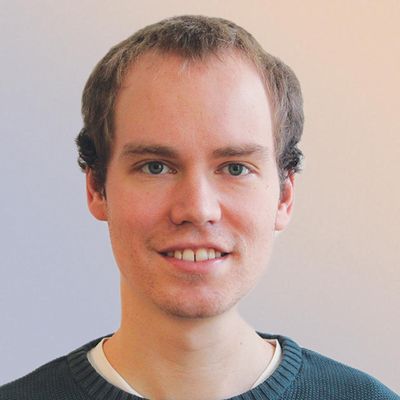
Felix Terhag
Doctoral Researcher HDS-LEE
Contact


Daniel Wolff
Graduate HDS-LEE
Contact


Alper Yegenoglu
Graduate HDS-LEE
Contact


Hu Zhao
Graduate HDS-LEE
Contact




